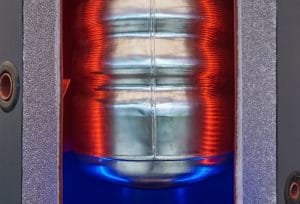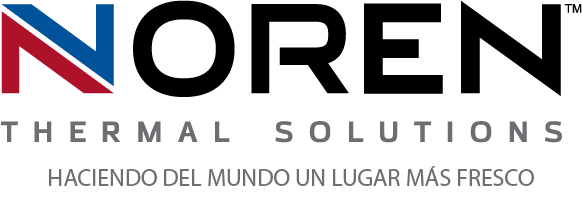 The trend toward greater environmental friendliness has grown stronger over the years in most industries. However, defining what it means can be different according to any given application. Consumers demand greater eco-friendliness as they call for companies to implement greener and more environmentally conscious practices. Evolving regulations also make the trend mandatory for companies in most industries to follow, providing guidelines for making everyday processes much more eco-friendly. In many applications, streamlining electrical thermal management is an important first step in creating more eco-friendly processes.
The trend toward greater environmental friendliness has grown stronger over the years in most industries. However, defining what it means can be different according to any given application. Consumers demand greater eco-friendliness as they call for companies to implement greener and more environmentally conscious practices. Evolving regulations also make the trend mandatory for companies in most industries to follow, providing guidelines for making everyday processes much more eco-friendly. In many applications, streamlining electrical thermal management is an important first step in creating more eco-friendly processes.
The importance of investing in eco-friendly solutions
While the specific definition of what eco-friendliness looks like can differ between industries and companies, the principles are universally similar. For example, it can include reducing a company’s overall reliance on energy, as well as finding alternative sources of energy other than non-renewable fossil fuels. It may also include implementing processes that directly lower a company’s environmental footprint, such as wastewater treatment to eliminate toxins and harmful substances in the water companies use. The most important guiding principle is for companies to invest in ways to reduce their negative impacts on the environments and communities surrounding them.
The environmental benefits of modern heat exchangers
The reason electrical thermal management is a popular area of concern for the environment is because the processes that it traditionally requires are often the opposite of eco-friendliness. Solutions such as heat exchangers, which are modern heat transfer devices that utilize natural cooling methods, are able to replace older solutions that rely on processes such air conditioning or air compression. For many companies, this means implementing electrical cooling units that not only use significantly less energy, but also produce no waste that could impact the environment. Their ability to naturally transfer waste heat to prevent electrical overheating has also made heat exchangers valuable to several other processes.
Heat exchangers’ contribution to eco-friendliness
The many different ways in which heat exchangers can make electrical cooling more eco-friendly are a significant reason why they continue to gain prominence as a preferable thermal management solution. However, these advantages have also been significant in the evolution of eco-friendliness for other technologies. Electrical cooling is vital to most forms of technology, and in addition to their eco-friendliness, modern heat exchangers are also a highly efficient and reliable thermal management solution. Newer technologies are often designed with heat exchangers and similar custom thermal solutions, allowing them to achieve higher levels of operation without causing more substantial cooling challenges.
For more information about the value of heat exchangers as an eco-friendly investment, call Noren Thermal Solutions in Taylor, TX, at 866-936-6736.







